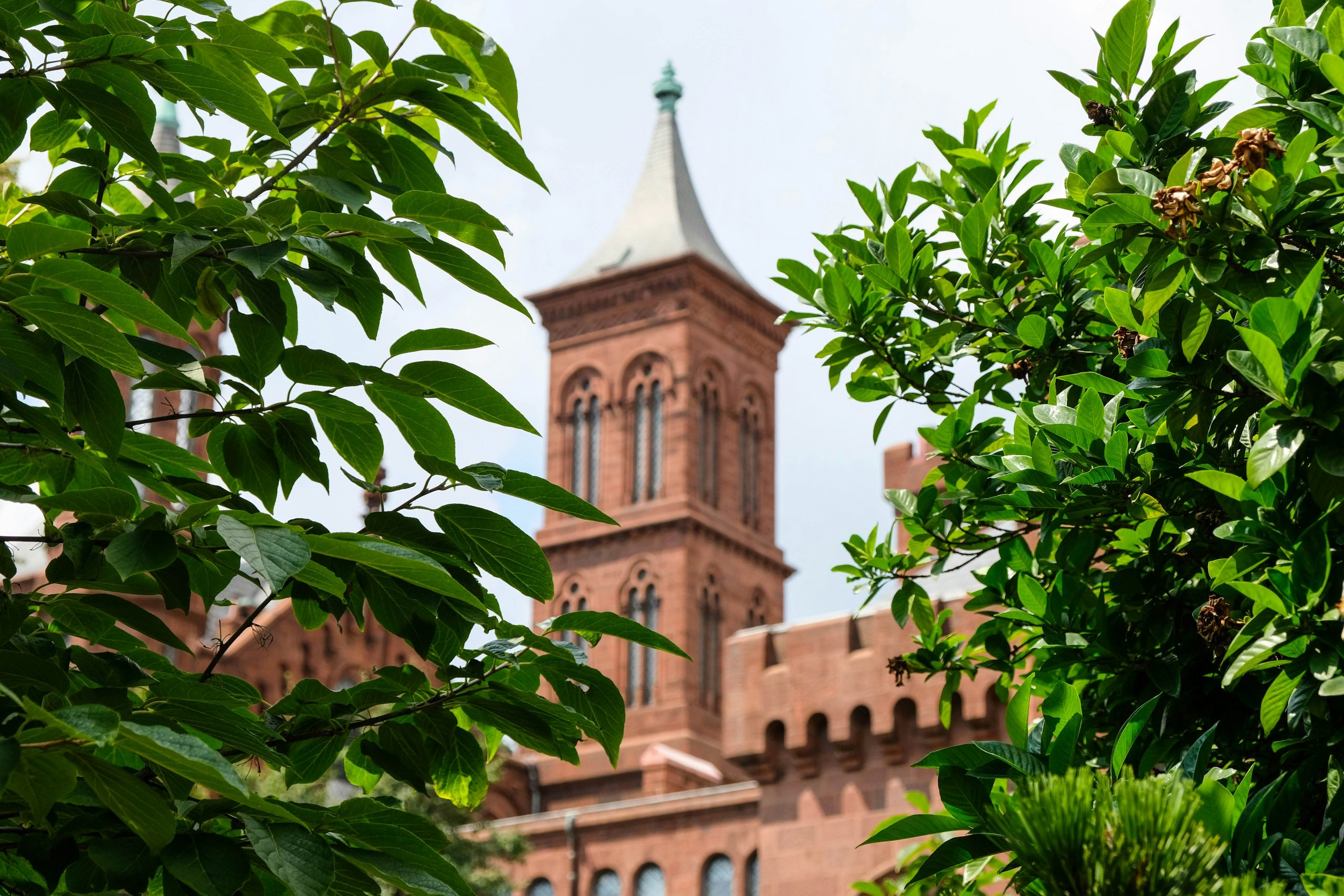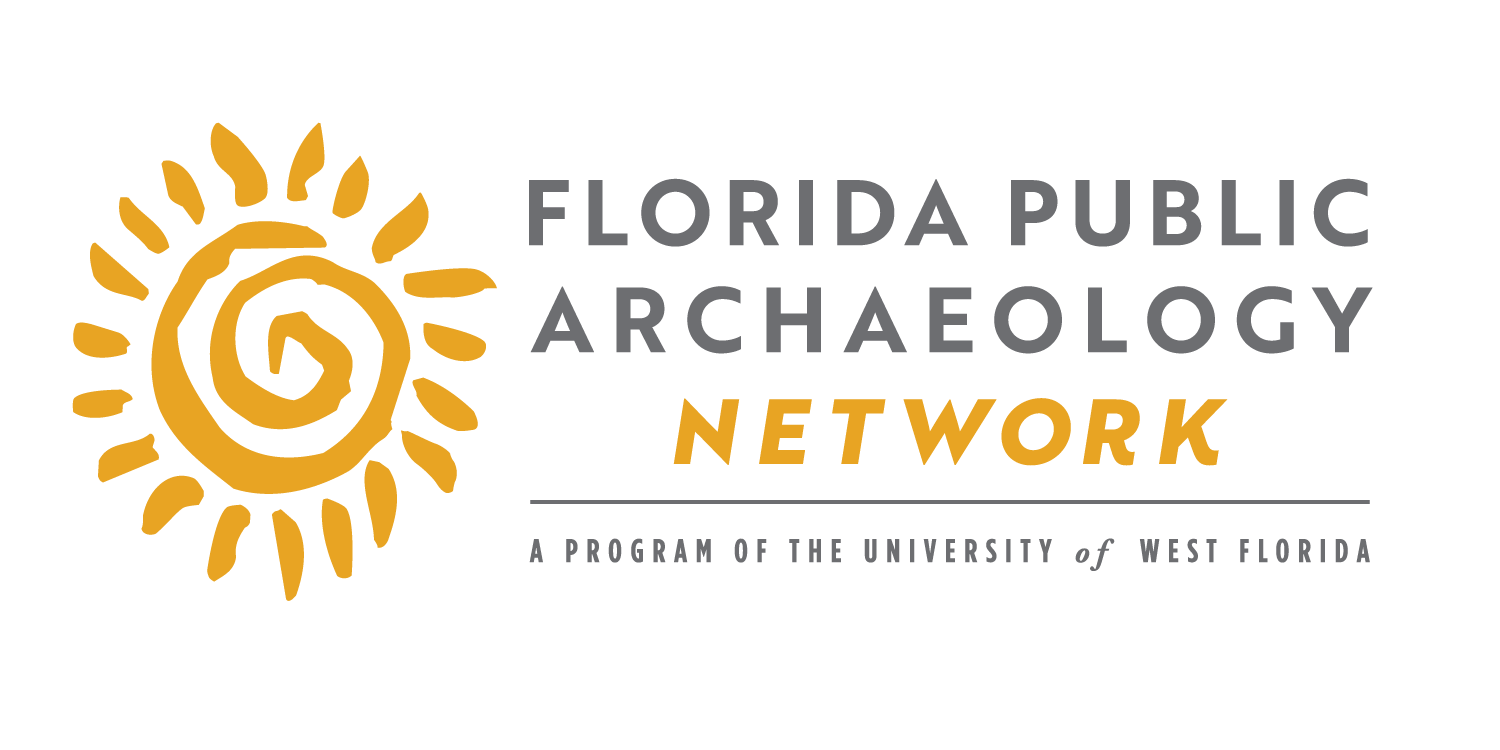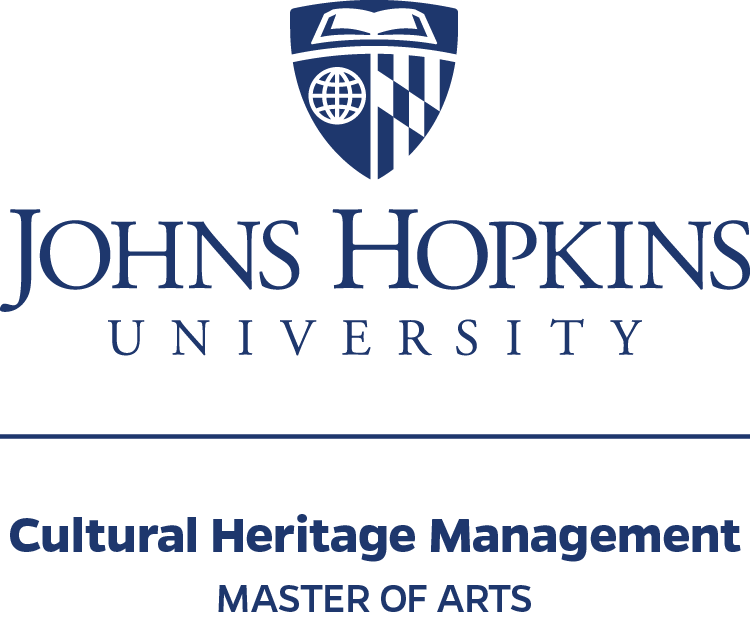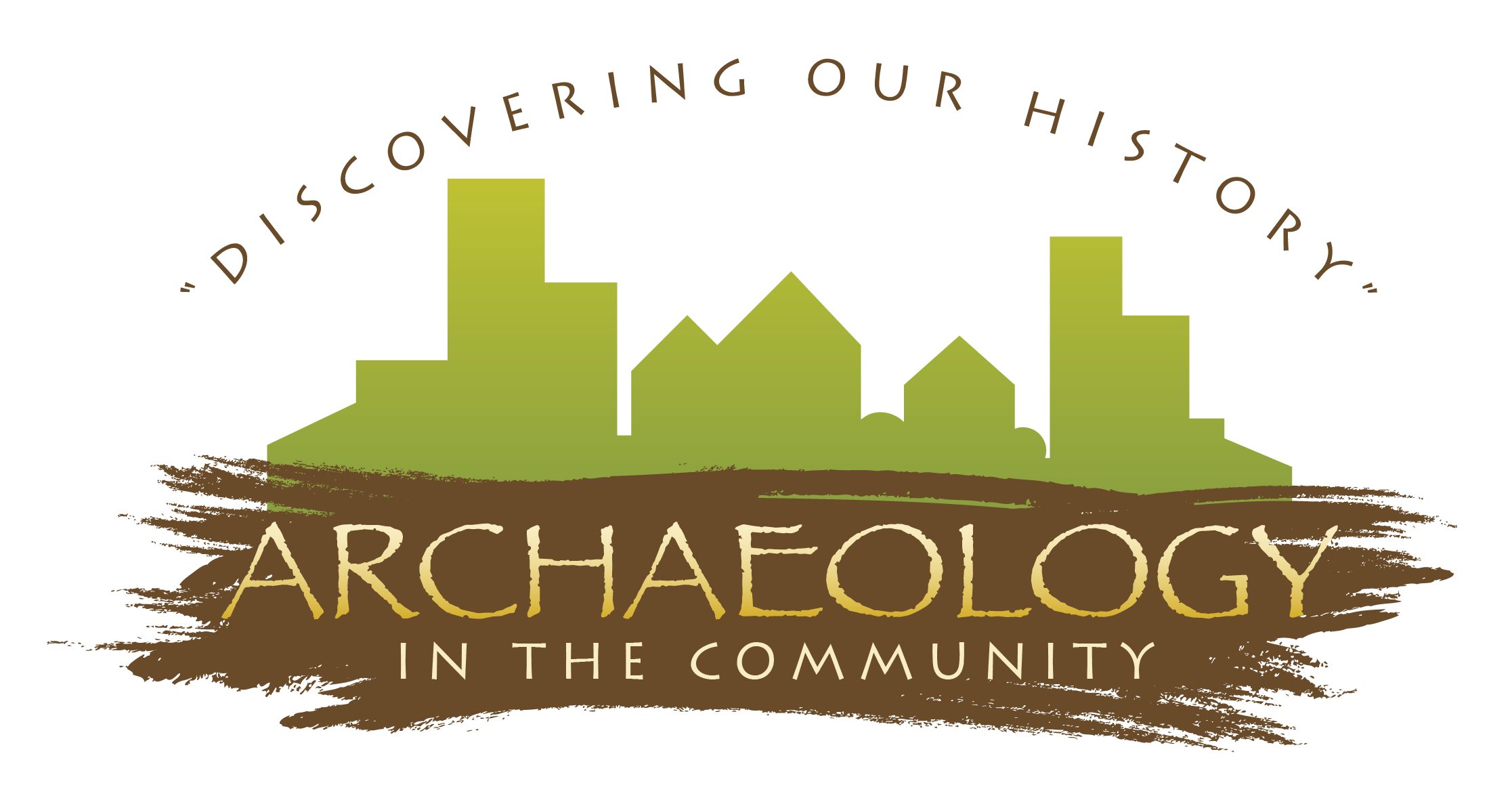Projects
2025 Conference on Public Archaeology


The 2025 Conference on Public Archaeology is taking place on August 8-9, 2025 in Washington, DC! Advanced registration is now open!
This meeting will be hosted by Archaeology in the Community and is intended to provide a dedicated space for public-minded archaeologists and cultural heritage practitioners to share their experiences and expertise. Over two days, we plan to host a series of workshops, panels, round-tables, and special events geared toward addressing some of the most pressing issues in the discipline, including:
- Diversifying professional and avocational representation
- Public archaeology and the Section 106 process
- Community science and heritage site stewardship
- Climate impacts to tangible and intangible heritage resources
- Harnessing digital advances for outreach and education
- Working in schools and engaging with educators
While the Conference on Public Archaeology will forego the traditional paper format, our hope is that discussion, hands-on participation, flexible formats, and professional networking will foster advances and new directions in the discipline. This is the second Conference on Public Archaeology, with the first held in Pensacola, Florida through the Florida Public Archaeology Network in 2023.
Support for the conference has been generously provided by:
Session Titles
Roundtables/Panel Discussions
These sessions aim to foster discussion and gather diverse perspectives on a specific topic. Each roundtable or panel will be allocated a 1.5-hour block during the conference, though sessions may range from one to two hours.
- Recent Cemetery Protection Legislation: Why Now? Why Needed?
- Shared Stories, Shared Solutions: Leveraging Community Conversations for Heritage Preservation
- To Gatekeep or not to Gatekeep: Where to Draw the Line between Public Archaeology, Protection of Sites, and Descendant Community Concerns
- Supporting Chronic Health Needs for Archaeological Fieldwork and Outreach
- Public Lands are Workshops for Community Archaeology
- Archaeology and K-12 Engagement: A Reflection on Challenges, Opportunities, and Research
- From Excavation to Education: Collaborations Between Archaeologists and K-12 Educators
- Embrace Social Media: Why archaeology needs social media
- A Challenging Research Around Stringent Religious Community and Immense Support of General Public; A Study of Buddhist Iconography of Udyana in contrast of Chakdara Museum Collections
- How We Tell History Together: The Office of Historic Alexandria’s Community History Initiatives
- University and Agency Visibility in Public Archaeology Programs: The Integration of Education and Outreach
- Group Shareapy: Public Archaeology in A Divisive Political Climate
- How to Organize a Public Archaeology Program in a State Park
- Addressing Mythologized Histories with Community Archaeology
- Archeology Month: It’s a Dirty Job but Someone Has to Do It
- Digging in: Veteran Challenges, Adaptations, and Growth in Archaeology
- Proactive excavation: is it just a scientific excavation? A close examination of excavation seasons at Tel Borna from angles that are not based on archaeological research
Workshops
- A Hands-On Approach to Evaluating Public Archeology Programming
- Public Outreach and Accessibility through 3-D Printing
- Crowdsource Transcribing in an Archaeological Context
- Teaching the Rainbow: Creative LGBTQ Engagements Across Audiences
- Hands-On Heritage: A model for engagement between Public Archaeology Education and Youth Scouting
- Archaeology for All: Engaging the Public through Research, Education, and Preservation
- Project Archaeology Presents: For the Love of Education!, A Speed Dating Experience
- Old Artifacts, New Bags: Collection Rehousing with Non-Archaeologists at the VCP
Posters
- The World’s Smallest Museum: Creating a Virtual Reality Museum with Unreal Engine 5
- Curating Confidence, Curating Community: Veterans at the VCP
- Digital Data Stories: Open Archaeological Educational Resources
- Women as Catalysts of cultural exchange and trade in ancient Indian Societies
- Public Archaeology and Educational Outreach at Granger House, Castleton, Vermont
- Brick by Brick: Developing Outreach Strategies for the 1857 Slave Dwelling Project
- Post-hurricane historic landscape data collection in Western North Carolina
- Public Education/Engagement’s Role in Cultural Resources Management
- History, the Environment, and the Oella Cemetery: A Multifaceted Preservation Challenge
- Belize’s Journey in Digitial Archaeology
- Community Engagement in the Management of Archaeological Sites in Tanzania: A Case of Olduvai Gorge Site
- Developing a Collaborative Experiential Archaeology Program for K-12 Education: A Case Study from Florida Atlantic University Laboratory Schools
- Reducing and reusing: updating a traveling exhibit to tell a bigger story
- Improving the Archaeological Skills Workshop Series
- Mt Carmel Ally’s Quest to Restore and Preserve Historic Mount Carmel Black Cemetery
- Archaeology vs. The Documentary Film: Finding a Happy Medium
- Beyond Flintknapping – Using Public and Experimental Archaeology to Engage Communities
- Utilizing Photogrammetry as a Means for Increasing the Accessibility of Artifact Repatriation
- Experiencing Borders. Participation and historical political awareness through public archeology at the German-Czech border
- Project Archaeology Pop Up: Elders in Every Classroom
Venue Information
The Conference on Public Archaeology will take place in Washington, DC, at the Johns Hopkins University Bloomberg Center (555 Pennsylvania Avenue, NW, Washington, DC 20001). This centrally located venue offers versatile, accessible learning spaces that will host all conference sessions, just steps from the National Mall. Participants will enjoy proximity to the Smithsonian museums and a direct view of the Capitol Building.
There is no designated conference hotel for this event, allowing participants to choose accommodations that suit their budget and preferences. We encourage early booking, especially as DC is a popular tourist destination in the summer. The Bloomberg Center does not have dedicated parking, but several parking garages, including Colonial Parking and SP+ Parking, are nearby. Please consider DC’s busy tourist season and plan your lodging and transportation accordingly.
Lodging
There are many options for hotels in the DC metro area. We’ve put together a selection of hotel options that are nearby or connected to the same Metro lines as the conference venue. This is not an exhaustive list, but a place to start if you aren’t sure where to stay. If you have more specific questions about lodging in DC or which neighborhoods to stay in, please contact us at copa@archaeologyincommunity.
Getting to Washington, D.C.
Airports
There are three airports servicing the metro Washington, DC area. The closest to the city is Washington National Airport (DCA), just across the Potomac River in Virginia. DCA has a dedicated Metro stop on the Yellow and Blue lines within the airport, and it is a short 20-minute ride to downtown. Dulles International Airport (IAD) is about 25 miles outside of the city in Virginia. It is connected to the Metro on the Silver line, and takes about 1 hour and 15 minutes to ride downtown. Baltimore/Washington International Airport (BWI) is about 30 miles outside of DC, near Baltimore, Maryland. A shuttle from the airport connects to the MARC train station, which is the quickest way to take public transportation from Baltimore to DC. The ride from BWI to downtown DC is about 1.5 hours.
Sometimes roundtrip flights to DC will have you flying into one DC area airport and leaving out of a different one, and sometimes that is the less expensive option. Flights coming into BWI are also often cheaper, but it does put you farther outside of the city. Please take careful note of which airport is on your incoming and outgoing journey before booking.
Getting Around DC
DC is a highly walkable city, and there are plenty of options for getting around. Traffic can be heavy and unpredictable downtown, especially if there is an event or protest that results in road closures.There are paid parking garages near the Bloomberg Center, such as Colonial Parking and SP+ Parking.
Cabs can be flagged down on the street or you can hail one on your phone using the Curb app. You can also use Lyft and Uber mobile apps to get around. Metro railway and Metrobuses connect most of the city and the surrounding Virginia and Maryland suburbs. The Metro rail map is separated into different color lines (Red, Green, Yellow, Orange, Blue, and Silver). Buses and rail use SmarTrip passes to pay fare, which you can get as a plastic card or through a mobile wallet on your phone.
The Bloomberg Center is closest to the Archives-Navy Memorial Metro rail station on the Yellow/Green line, about 5 minutes away. The Gallery Place-Chinatown station (Green, Yellow and Red lines), Federal Triangle station (Blue, Orange and Silver lines), L’Enfant Plaza station (Orange, Blue, Silver, Green, and Yellow lines), and Judiciary Square station (Red Line) are all also within a 15-minute walk. The 32, 33, 36, 70, and P6 bus routes stop near the building.
Safety
Like any major city, traveling around DC requires a strong awareness of your surroundings. If you can avoid it, it is best not to walk alone at night if you are unfamiliar with the neighborhood.
On the National Mall, there are vendors who will try to scam unsuspecting tourists. The food trucks parked in that area, especially, are known for overcharging (beyond already-high DC prices). If you do not see prices displayed clearly, it is best to find a different vendor.
Accessibility
Archaeology in the Community is committed to providing a welcoming, accessible, and supportive environment for everyone. All meetings, activities, and events during the conference will be accessible to individuals with disabilities.
Any person requiring special accommodations is requested to inform us through the advanced registration form or contact us directly by emailing copa@archaeologyincommunity.com as soon as possible.


